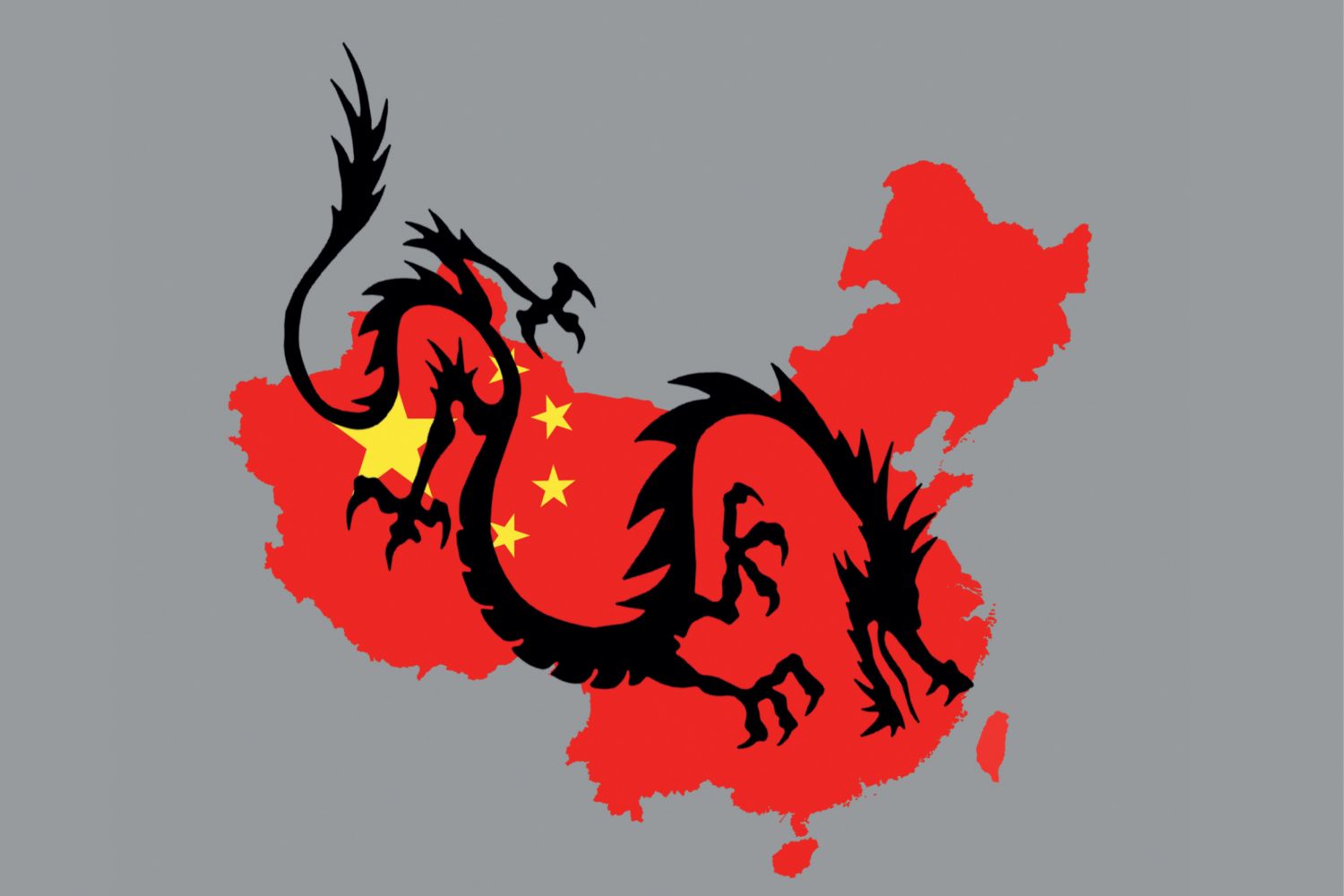
"We can have no hair, but you can’t have no law,” shouted four
women who had gathered in the central park of a Beijing residential compound
and were taking turns shaving each other’s heads. In Mandarin, “no hair” and
“no law” are homophones.
In front of neighbours, foreign journalists and secret
plain-clothes police, the women put their hair in a transparent plastic box
along with pictures of them and their husbands. This all took place in December
last year.
The women





